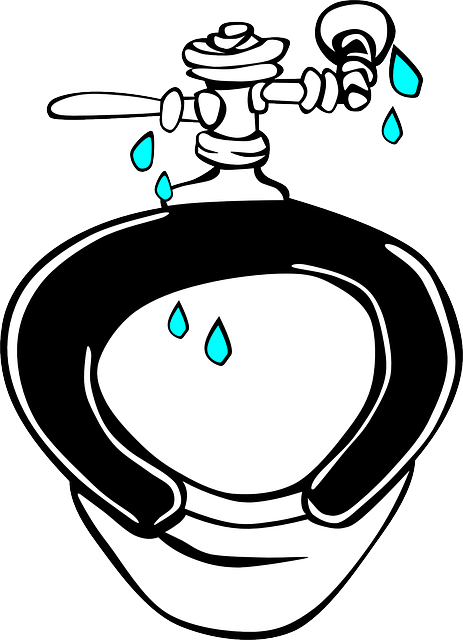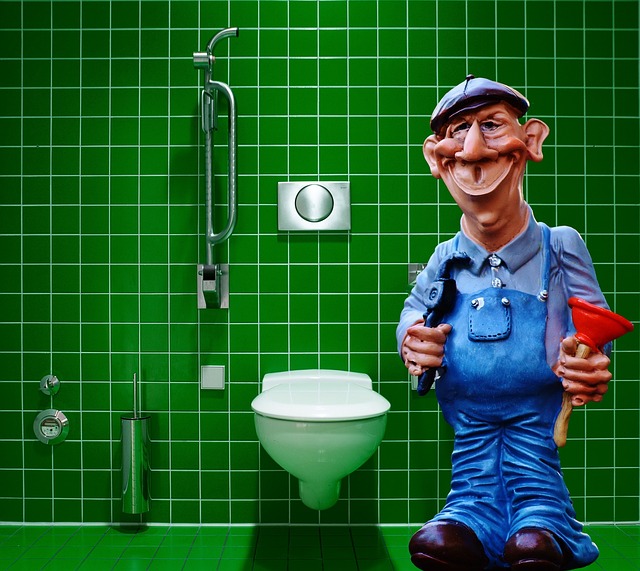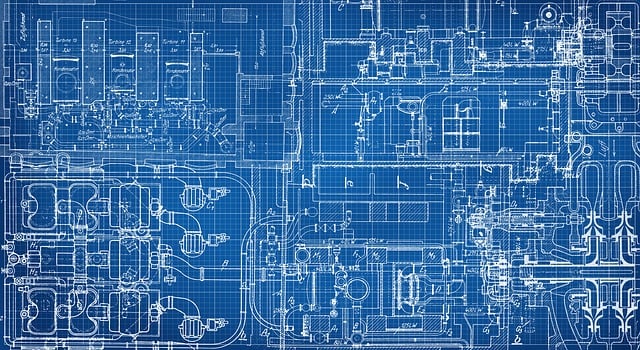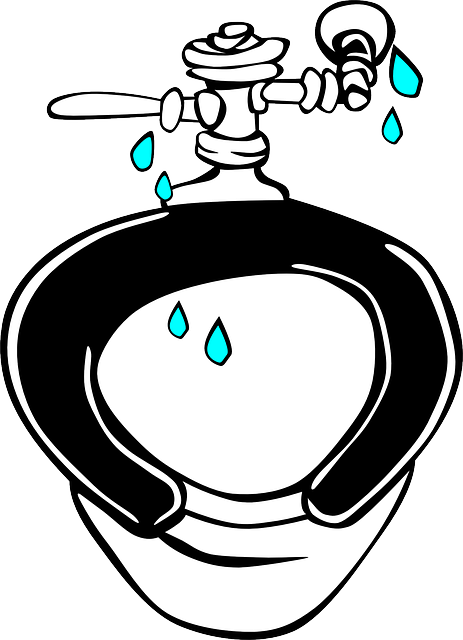Category: DIY vs. Professional Plumbing
DIY vs. Professional Plumbing: Navigating the Global Landscape
Introduction
In today’s world, where self-reliance and do-it-yourself (DIY) culture are on the rise, the debate between tackling plumbing tasks independently versus hiring professional plumbers has gained significant traction. This article delves into the intricate world of DIY vs. professional plumbing, exploring its various facets, global impact, economic implications, technological advancements, regulatory frameworks, and future prospects. By examining these aspects, we aim to provide readers with a comprehensive understanding of this dynamic sector and empower them to make informed decisions regarding their plumbing needs.
Understanding DIY vs. Professional Plumbing
Definition:
DIY plumbing refers to the practice of individuals undertaking plumbing tasks themselves without formal training or licensing, often guided by online resources, books, or personal experience. Professional plumbing, on the other hand, involves the expertise and services provided by licensed plumbers who have undergone specialized training and adhere to industry standards.
Core Components:
- Skill Level: DIY plumbing is accessible to homeowners with basic handyman skills, while professional plumbing requires advanced knowledge of pipes, fixtures, and safety protocols.
- Scope: DIY projects typically focus on simple tasks like fixing a leaky faucet or unclogging drains, whereas professionals handle complex installations, repairs, and maintenance.
- Responsibilities: DIYers assume full responsibility for their work, including potential risks, while professionals are accountable to clients, ensuring quality and adherence to regulations.
Historical Context:
The concept of DIY has its roots in the post-World War II era when resource scarcity encouraged self-reliance. In plumbing, this trend emerged as a reaction to rising labor costs and the desire for independence. Over time, online resources and video tutorials have democratized access to plumbing knowledge, further fueling the DIY movement.
Significance:
This debate is significant as it influences homeownership, personal skills development, and the overall efficiency of plumbing services. It also impacts the plumbing industry’s growth, job creation, and the demand for professional services.
Global Impact and Trends
The DIY vs. professional plumbing discourse varies across regions due to cultural differences, economic factors, and regulatory frameworks:
| Region | DIY Plumbing Trend | Professional Services Adoption |
|---|---|---|
| North America | High, driven by home improvement culture | Strong market for licensed plumbers, especially in urban areas |
| Europe | Moderate, with varying regulations across countries | Widely accepted, particularly in Germany and the UK |
| Asia Pacific | Growing, influenced by rising homeownership rates | Increasing demand, but informal plumbing services are common |
| Middle East & Africa | Emergent trend, urban centers showing higher adoption | Traditional preference for professional services |
Economic Considerations
Market Dynamics:
- DIY Market: The global DIY plumbing market is expanding, fueled by e-commerce and the availability of affordable tools. Online platforms offer step-by-step guides and product recommendations, making DIY projects more accessible.
- Professional Services: Commercial plumbing services are a significant industry, with major players offering emergency repair, maintenance contracts, and specialized services.
Investment Patterns:
- DIY Supplies: Home improvement stores witness steady investment in expanding product ranges and improving customer experiences.
- Plumbing Contractors: Professional plumbers invest in tools, vehicles, and marketing to secure a loyal client base. Many also specialize in specific areas like plumbing retrofits or commercial installations.
Economic Impact:
DIY plumbing can reduce household expenses but may lead to higher long-term costs due to poor installations. Professional services ensure quality and longevity, but they come at a cost. The economic viability of each approach depends on factors such as project complexity, location, and individual circumstances.
Technological Advancements
Technology plays a pivotal role in shaping the plumbing industry:
- Smart Plumbing: Internet of Things (IoT) devices enable remote monitoring and control of water systems, enhancing efficiency and leak detection. Smart toilets and faucets are gaining popularity, offering advanced features and water conservation.
- Augmented Reality (AR): AR applications assist plumbers in complex installations by providing real-time visual guidance and measurements. This technology ensures precise cuts and fittings, reducing errors.
- Drone Inspection: Drones equipped with high-resolution cameras inspect hard-to-reach plumbing areas, such as sewer lines, offering a safe and efficient alternative to traditional inspection methods.
- 3D Printing: 3D printing allows for the customization of plumbing parts, enabling the creation of unique or hard-to-find components.
Policy and Regulation
Regulatory frameworks vary worldwide, influencing the plumbing industry’s landscape:
- Licensing and Permits: Many countries mandate that plumbers obtain licenses and permits to operate, ensuring a certain level of competence and safety. Licensing boards set standards and conduct regular inspections.
- Building Codes: Plumbing installations must adhere to local building codes and standards, which dictate material quality, design, and safety measures.
- Insurance Requirements: Professional plumbers are often required to carry liability insurance, protecting them and their clients from potential risks and damages.
- Health and Safety: Regulations ensure plumbers follow safe practices, use appropriate personal protective equipment (PPE), and maintain a healthy work environment.
DIY vs. Professional: When to Choose What?
Deciding between DIY plumbing or professional services depends on various factors:
- Project Complexity: Simple repairs like fixing a dripping tap are suitable for DIYers. Complex tasks such as repiping or installing water heaters require professional expertise.
- Skills and Experience: Individuals with plumbing knowledge and experience can tackle basic projects confidently. For unfamiliar tasks, seeking professional help is advisable.
- Time Constraints: DIY projects take time, while professionals offer efficient, quick-turnaround services for emergencies.
- Budget Considerations: While DIY saves costs, professional services may be more cost-effective in the long run due to higher quality and avoidance of potential mistakes.
Future Prospects
The plumbing industry is poised for further innovation and growth:
- Sustainable Plumbing: The focus on environmental sustainability will drive the adoption of eco-friendly plumbing solutions, such as water-efficient fixtures and renewable energy-powered systems.
- Smart Homes Integration: Advanced home automation systems will increasingly incorporate plumbing, allowing for centralized control and monitoring of water usage.
- Remote Assistance: Virtual plumbing consultations and remote troubleshooting will become more common, providing DIYers with expert guidance without in-person visits.
- Skill Development: The industry will continue to evolve, requiring plumbers to adapt and acquire new skills, especially in technology-driven areas.
Conclusion
The DIY vs. professional plumbing debate is a dynamic aspect of the global plumbing sector, influenced by cultural, economic, and technological factors. While DIY offers cost savings and skill development, professional services provide expertise, quality assurance, and peace of mind. As technology advances and sustainability becomes a priority, the industry will continue to evolve, offering consumers more choices and innovative solutions. Ultimately, informed decisions based on individual needs and project requirements will shape the future of plumbing services worldwide.
DIY or Hire a Plumber? Navigating Minor vs. Major Plumbing Repairs
DIY or Hire a Pro: Navigating Plumbing Repairs for Beginners

TL;DR:Deciding between DIY and professional plumbing depends on your skill level, time, and the repa…….
DIY Plumbing: Unveiling Hidden Costs Beyond DIY vs. Pros

DIYers often underestimate the complexity and time required for plumbing projects, potentially leadi…….
DIY Drain Cleaning or Hydro Jetting: When to Call a Pro Plumber

While DIY drain cleaning offers temporary relief for minor clogs, professional plumbing services lik…….
Plunger vs. Pipe Wrench: When DIY Meets Expert Plumbing Care

This text compares DIY and professional plumbing solutions, focusing on tools like plungers and pipe…….
DIY Plumbing: Unveiling Hidden Costs Versus Professional Savings

DIY plumbing may seem cost-effective but carries significant risks; hidden expenses, time-consuming…….
DIY Plumbing Fixes: When to Do-It-Yourself vs. Hiring a Pro

While DIY plumbing solutions seem appealing for cost savings, online tutorials often omit crucial de…….
DIY Plumbing Repairs: Weighing Pros and Cons Against Professionals

Homeowners often turn to DIY plumbing repairs for cost savings and satisfaction, but while DIY has i…….
DIY Plumbing Risks: When Fix-It Turns Catastrophic

DIY plumbing projects can save money but often lead to costly mistakes if complex issues arise. Home…….

